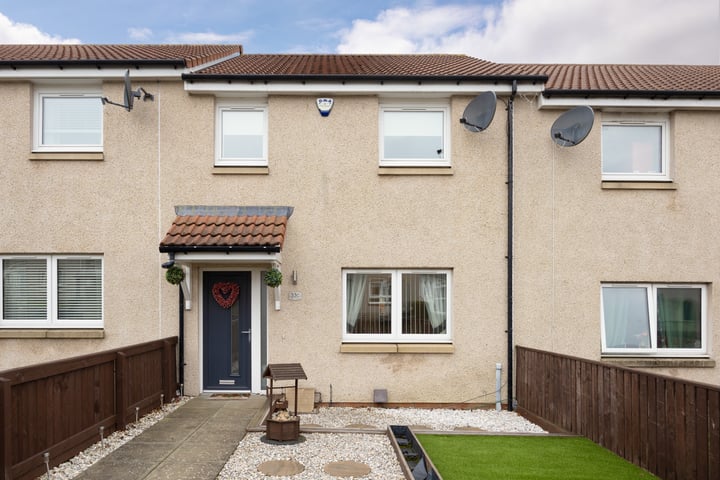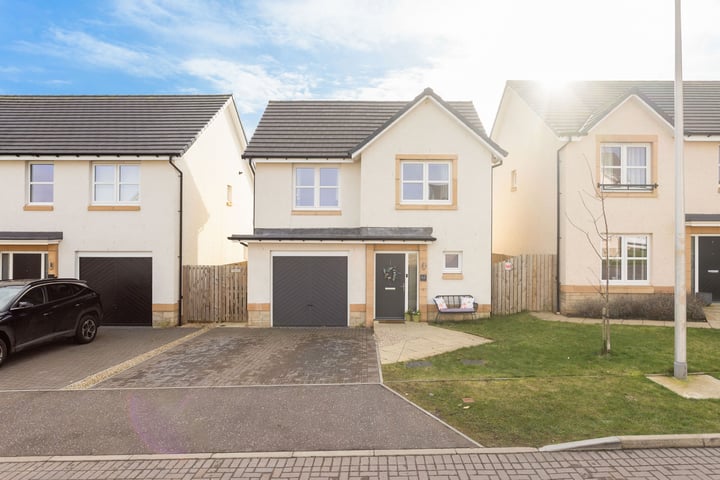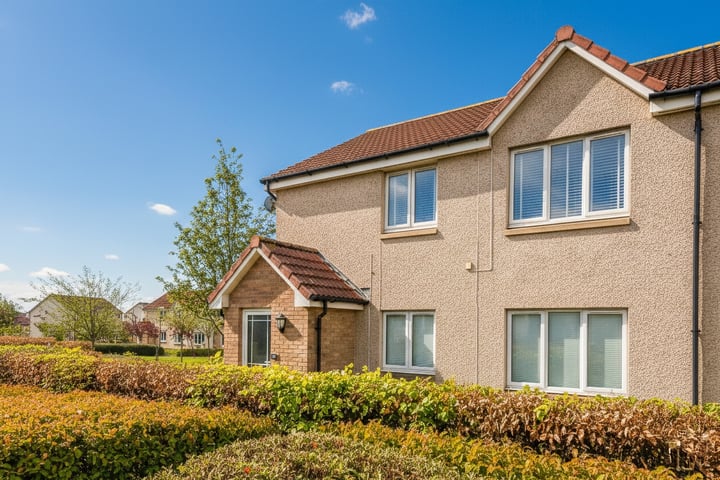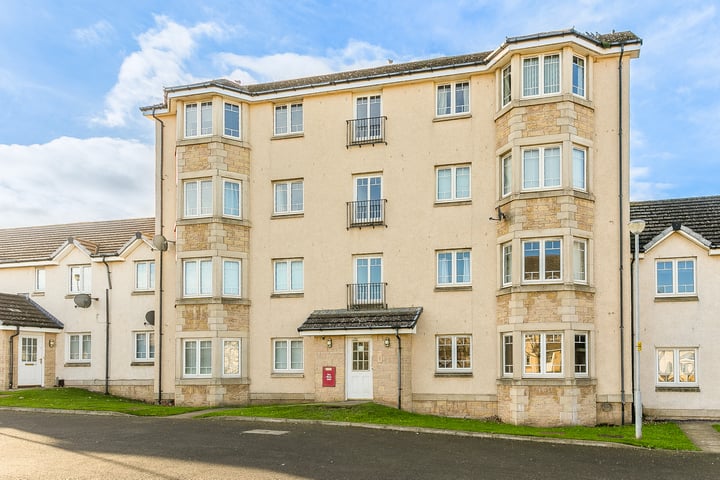On 2 August 2018, the Bank of England raised the interest rate for only the second time in a decade. Interest rates have increased from 0.5% to 0.75%, the highest the rate has been since March 2009. But how will this affect you and what does it mean for the property market?
Variable or Tracker Rate Mortgages
Households can expect the cost of their loans and mortgages to go up as banks and lenders lift their own interest rates. Figures provided by the BBC show that, across the UK, 9.1 million households have a mortgage and, of these, more than 3.5 million are on a standard variable rate or a tracker rate.
Variable rate or tracker mortgages reflect the current interest rates in that repayments can go up or down depending on the interest rate set at that time. The majority of households on variable or tracker mortgages are older and have smaller outstanding balances.
According to the Nationwide Building Society, anyone on a standard variable rate will see a monthly increase of £12 on a mortgage of £100,000 and £25 on a £200,000 mortgage.
Fixed Rate Mortgages
The vast majority of new loans (90%) are on fixed rates, so there will be no immediate impact in terms of affordability. Mortgage rates are typically fixed for between two to five years. When the fixed term is up, holders of a fixed rate mortgage who do not, or are unable to, switch to another mortgage product may find themselves with a higher monthly repayment than before.
Savings
The increase in interest rates will be welcomed by savers who may see a modest gain. If banks pass on the increase, savings will earn more interest on their deposits over the coming months. However, half of all savings accounts did not move at all after the last Bank rate rise in November 2017 and commentators say that savers could probably expect something similar this time. For the average cash ISA saving of £11,200, the latest rise, if passed on, could mean £28 more a year in interest.
What Does This Mean for the Property Market?
The Bank of England has said that “any future increases in Bank Rate are likely to be at a gradual pace and to a limited extent.” It is unlikely a 0.25% increase will make any significant difference in the property market. In east central Scotland, demand is still outweighing supply and mortgage products being priced slightly higher is not going to impact on this any time soon.
For property buyers hoping to save for a deposit, whilst the interest rate rise should come as good news for their savings, they are unlikely to reach their target much quicker than previously expected.
How Can We Help?
If you’re thinking of selling your home or investment property and would like to know how the interest rate increase might affect your prospects of sale or your sale price, get in touch with us by calling 0345 646 0208 (Option 1) or by emailing [email protected] to organise a free valuation of your home or to get a full, transparent breakdown of the costs of selling your home.
You can also now instantly book a free valuation appointment, online, by following this link.






Leave a Reply